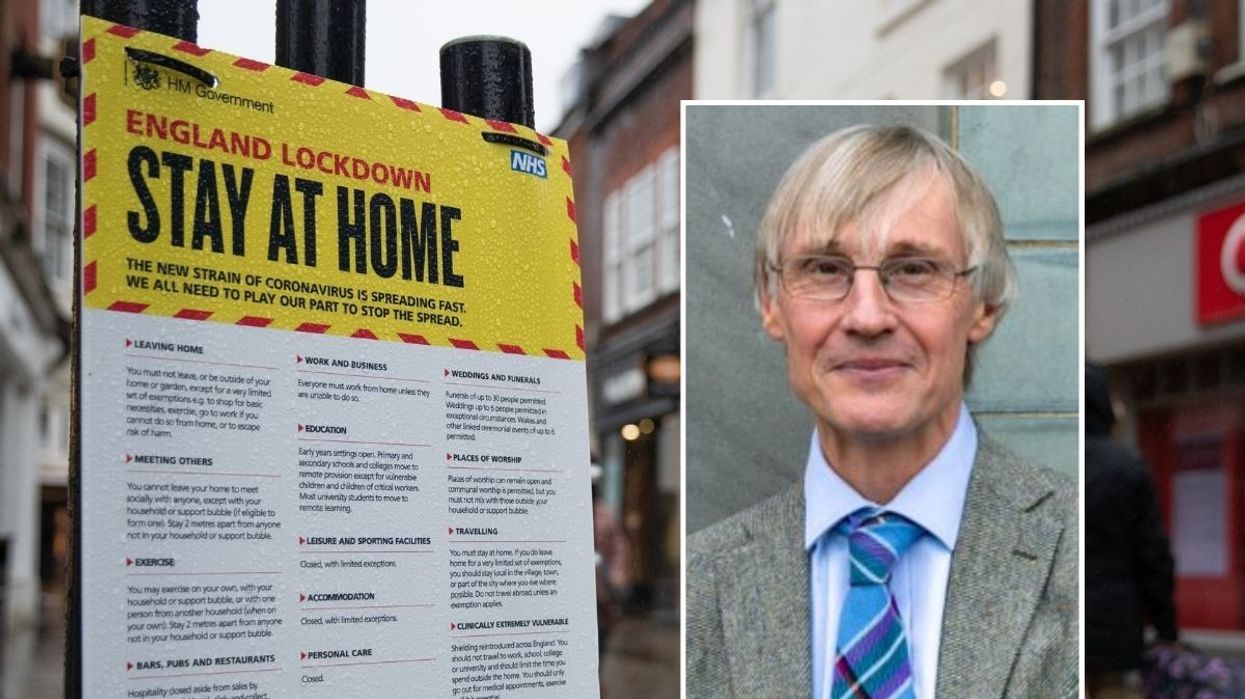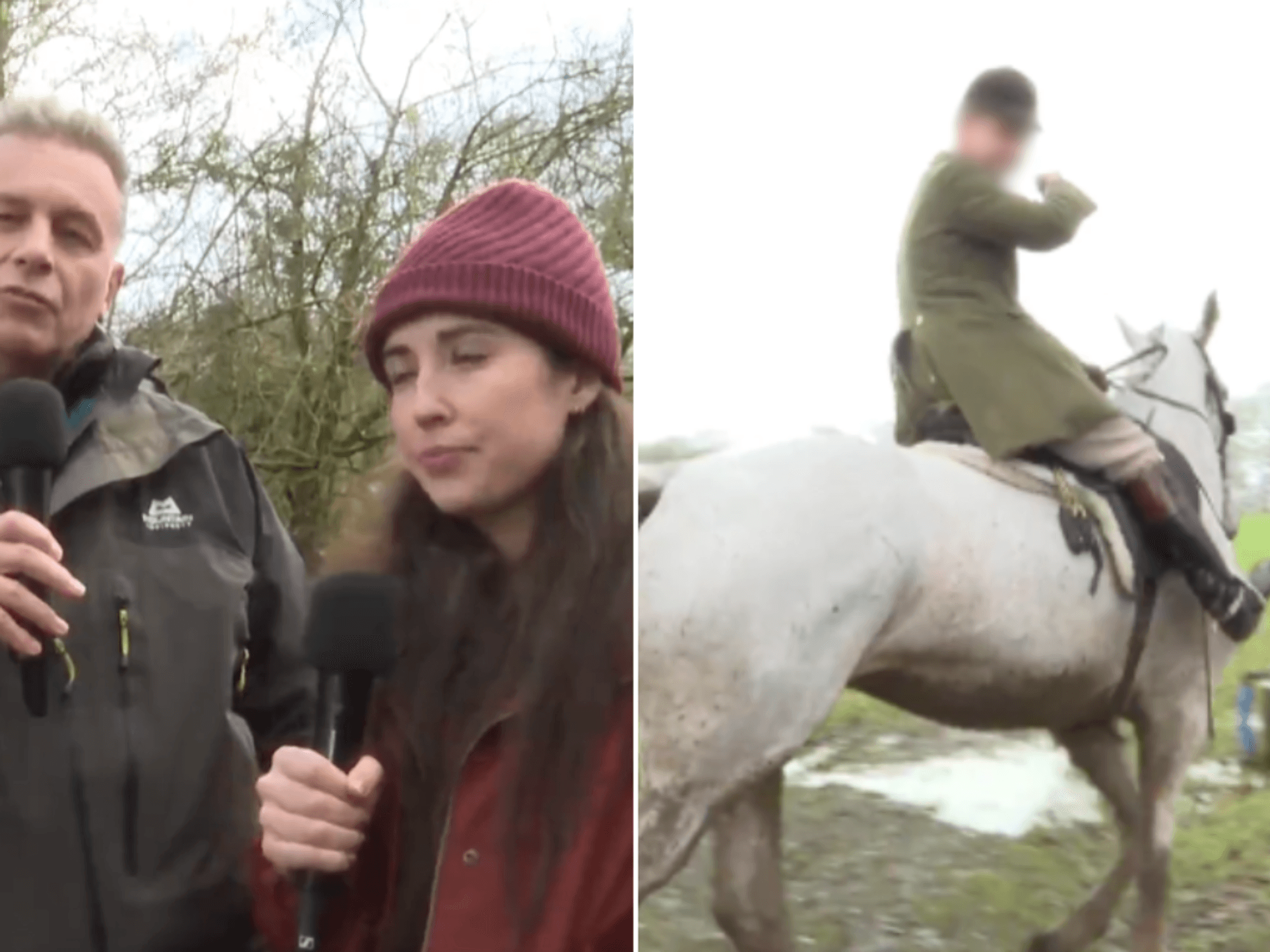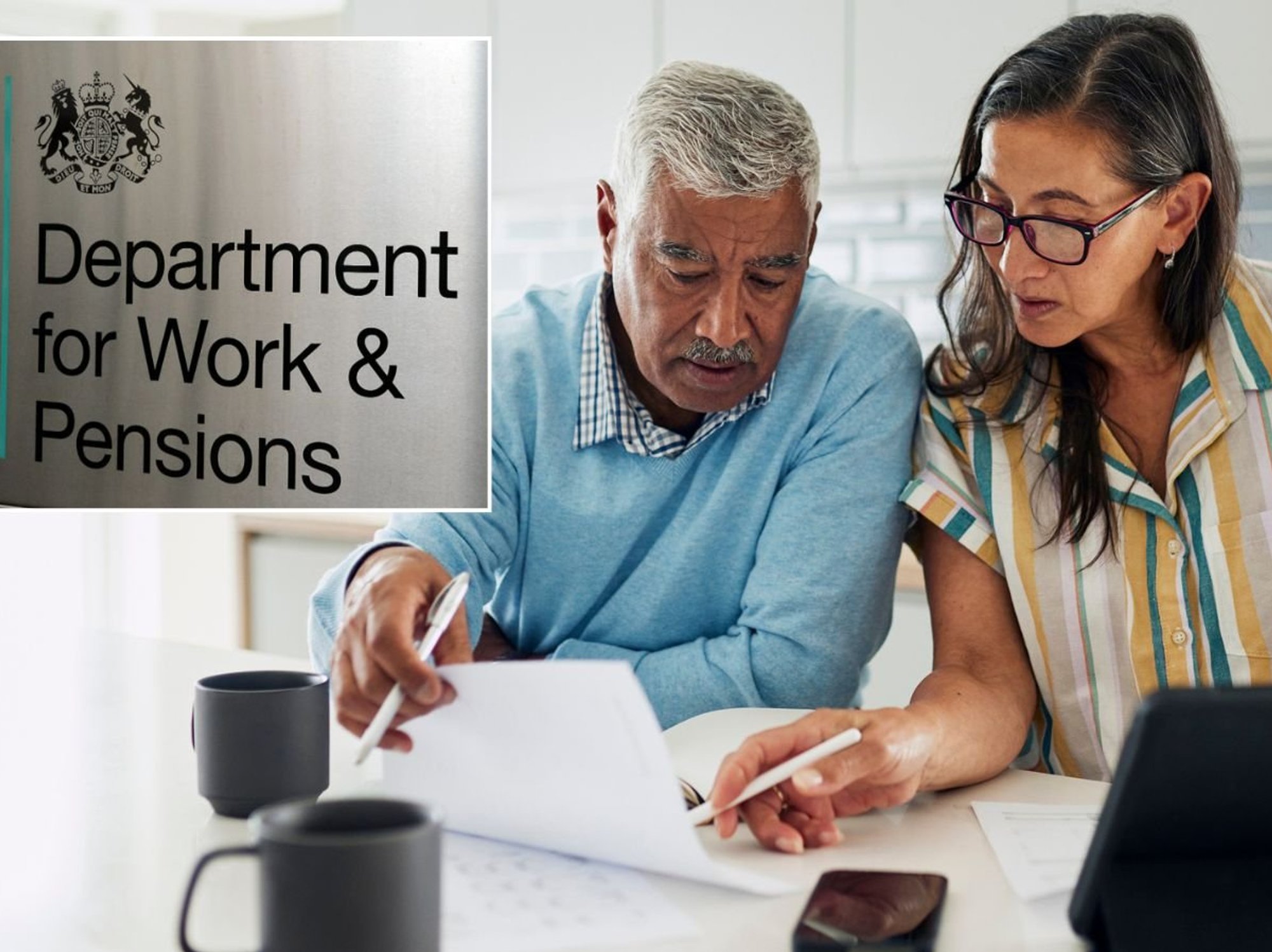Covid expert gives damning lockdown assessment to inquiry that will leave critics furious

Covid lockdowns were a 'failure of public health policy' according to Mark Woolhouse
|PA

Mark Woolhouse supported the use of lockdowns at the time of the pandemic
Don't Miss
Most Read
Latest
Covid lockdowns were a "failure of public health policy", a senior scientist who advised the Government has admitted.
Speaking to the UK Covid inquiry, Mark Woolhouse, professor of infectious disease and epidemiology at the University of Edinburgh, said that shutting down Britain should have only ever been a "last resort" and should not have been implemented so quickly.
The professor, who was part of the Scientific Pandemic Influenza Group on Modelling (SPI-M-O), said that with hindsight a different approach should have been taken.
An advocate of lockdowns at the time, Woolhouse told the inquiry yesterday: "The harms of the social distancing measures – particularly lockdown, the economic harms, the educational harms, the harms to access to health care, the harms to societal wellbeing, just the way we all function, mental health – were not included in any of the work that SPI-M-O did and, as far as I could tell, no one else was doing it either."
WATCH: How effective were face masks really?
He added: "I think it’s fair to describe lockdown, not as a public health policy, but as a failure of public health policy.
"[Lockdown] is what you do when all those other things you know you can do haven’t worked, it’s a last resort and it should always be that in my view."
Blaming ministers rather than scientists for the lockdowns imposed on the UK, he said that the Government never specifically asked how to fight Covid without introducing the stay at home order.
"I take the view that it would have been very helpful if the Government said explicitly, ‘We don’t want to go into lockdown. What’s your advice? How can we both minimise the health burden and stay out of lockdown?’," he said.
"We could have given a lot of advice and all the other things you could do other than lockdown.
"The question of how to avoid lockdown was never asked of us and I find that extraordinary."
The scientist went further and even suggested that lockdown had little impact on protecting hosptials and care homes.
He said: "What lockdown did was drive down transmission rates in the wider community.
“All of us who had to stay at home, we weren’t transmitting the virus, but within a hospital, there are lots of precautions, but they do have to carry on. And the same with care homes.
“So the dynamics of the virus in those settings were different and lockdown did not have such a strong effect in those settings as it did in the community.”
The Covid inquiry started hearing evidence into the Government's handling of the pandemic earlier this year and is due to finish in 2027.
It means it could be years before a full assessment of lockdowns is published.










